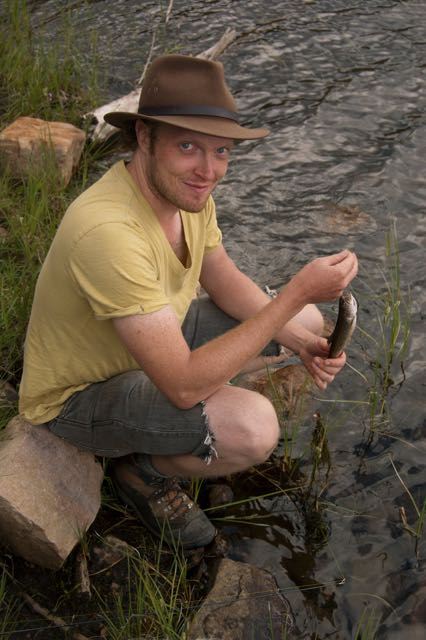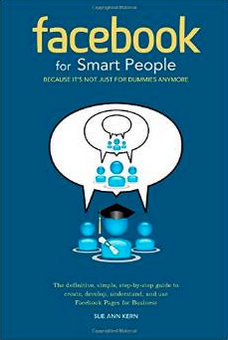When I ask prospective authors, “What is the message of your story?” I often get a quizzical stare. Trying to cover for their confusion, they usually answer my question with a long, detailed re-telling of their story.
See, here’s the thing: Your story’s narrative is not its message.
Instead, your story’s message is its inspirational kernel of truth. It’s the one sentence that sums up how your reader is a different person after reading your book. It’s the North Star or compass that drives your story forward. It’s that thing at the heart of your story to which people can relate.
For example, when I teach writing and publishing workshops, I often dissect the film The Wizard of Oz to illustrate how story structure works. (The Wizard of Oz has a solid story structure, which is one of the many reasons it was a huge hit in 1939 and still holds up today.) The message of The Wizard of Oz is this: There’s no place like home. That’s it. One sentence, one idea, for an entire two-hour movie. From the moment Dorothy runs away, her objective is to get back home. And every step of the way we are reminded why there is no place like home.
Your story has to have its own equally solid, identifiable message. And every word, sentence, paragraph, page, and chapter of your story must use its message to move the story forward. Even if your story is a non-fiction “how-to” book, a biography, memoir, or a cookbook, it still has to flow and touch the reader’s heart with its message.
So how do you find your story’s message? You start with your own authenticity. In its simplest form, your story’s message is your (or your characters’) strategies for success illustrated through your (or your characters’) personal experiences. For example, I’m willing to bet that no one reading this ever has engaged in an intergalactic battle against a dark side hell-bent on taking over the universe. Yet, we can totally relate to Luke Skywalker in the final scene of Star Wars (1977) when he has ONE SHOT to destroy the death star. At that moment he gets clarity, focuses, and hears Obi Wan's voice whisper, “Luke, the force is with you.” He fires and it’s a direct hit. What’s the message? The force is with you. You just have to get out of your own way to allow it to guide you. Do you have to live in a galaxy far, far away to appreciate this message? Absolutely not.
If you’re writing non-fiction, you still have to tell a story with a beginning, middle, and end, and a message. How does that work? Let’s say you’re writing a “how-to” book for Millennials saving for retirement. You could just list tax law and the best investment opportunities for the time. Yawn. No one will read that. And worse yet, if they do they won’t retain any of it because straight prose in not memorable. There’s no clear message. We have no emotional attachment to rules and regulations.
On the other hand, if you educate your readers by telling the story of a college student with a part time job and what she does to make her small income work for her, well now, that’s something we’ll latch onto, because it’s engaging and relatable. What’s the message in this example? Save when you’re young, so you’re not destitute when you’re old.
Identifying a story’s message is so important that it’s the first step in my Roadmap to Your Story author plan. Roadmap to Your Story is a free session I offer to help writers strategize the course of their writing journeys. There’s nothing worse than composing pages and pages of content you can’t use because it meanders all over the place and has no point. I offer my free Roadmap to Your Story session either as a personal one-on-one session with clients who sign up for my Accelerated Authors Plan, or as a free workshop. There is no obligation to work with me beyond this workshop, simply because it’s my goal to make sure authors have clarity and direction before they sit down to write.
And the first step toward that clarity is to find your story’s message. I guarantee you it’s in there somewhere. So get a wiggle on and discover it. The world is waiting for to hear what you have to say.
Need more help? Check out the book The Message of You by Judy Carter. A standup comic and popular Toastmasters speaker, Judy has a unique process that easily guides you through finding your story's message. I highly recommend her book!
Stacy Dymalski on a good hair day
Known as The Memoir Midwife, Stacy Dymalski is a story editor, writing coach, and film producer, and has helped hundreds of people find the courage to tell their stories. Whether you want to write a book, blog, podcast, or movie, Stacy can help you get unstuck (even if you're not a writer) and move in the direction of creative success. Check out the testimonials on her website, or click HERE to learn how Stacy can help you with your writing project.





















